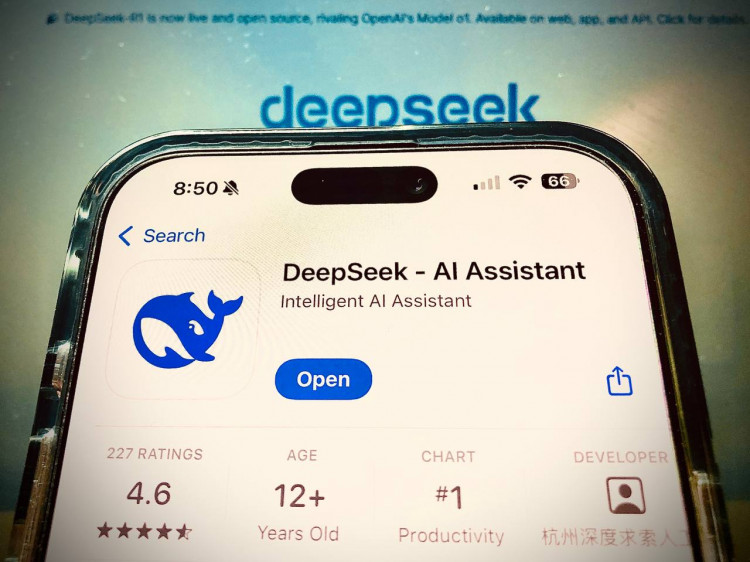Chinese artificial intelligence startup DeepSeek released an upgraded version of its flagship V3 model on Thursday, signaling further efforts to align its technology with China's domestic semiconductor ecosystem as Beijing pushes to reduce reliance on U.S. chips.
The new DeepSeek-V3.1 features optimization for "soon-to-be-released next-generation domestic chips," the company said in a WeChat post. It employs FP8, or 8-bit floating point processing, which uses less memory and enables faster computations. The company did not identify which Chinese chipmakers would be supported.
DeepSeek, which gained global attention in January when it claimed to have trained its V3 model for just $5.6 million using roughly 2,000 slower Nvidia chips, has positioned itself as a lower-cost competitor to Western firms such as OpenAI, Google, and Anthropic. The disclosure at the time triggered a selloff that wiped $600 billion in market value from Nvidia in a single day.
The latest upgrade introduces a hybrid inference structure that allows the model to switch between reasoning and non-reasoning modes, accessible through a "deep thinking" button on its app and web platform. It also extends the model's context window to 128,000 tokens-equivalent to about 96,000 words or two full-length novels-offering developers greater flexibility in prompting.
DeepSeek said it would adjust API pricing starting September 6, signaling potential changes in cost for developers integrating the model into applications.
The company's earlier V3 release stirred controversy after governments in the U.S. and Europe restricted use of the chatbot over concerns that user data would be stored on Chinese servers. In response, DeepSeek offered its R1 reasoning model through major U.S. cloud providers including Amazon Web Services, Microsoft Azure, and Google Cloud, which host it locally to address data security concerns. Developers are still waiting on R2, the successor to R1.
In recent months, Beijing has prioritized advancing open-source AI models to expand China's global footprint. Bloomberg reported that firms such as Alibaba, Moonshot, and DeepSeek have produced AI systems approaching the capability of leading U.S. models, though they are often made freely available in line with China's 14th Five-Year Plan. The strategy sacrifices near-term profits for wider adoption abroad.






